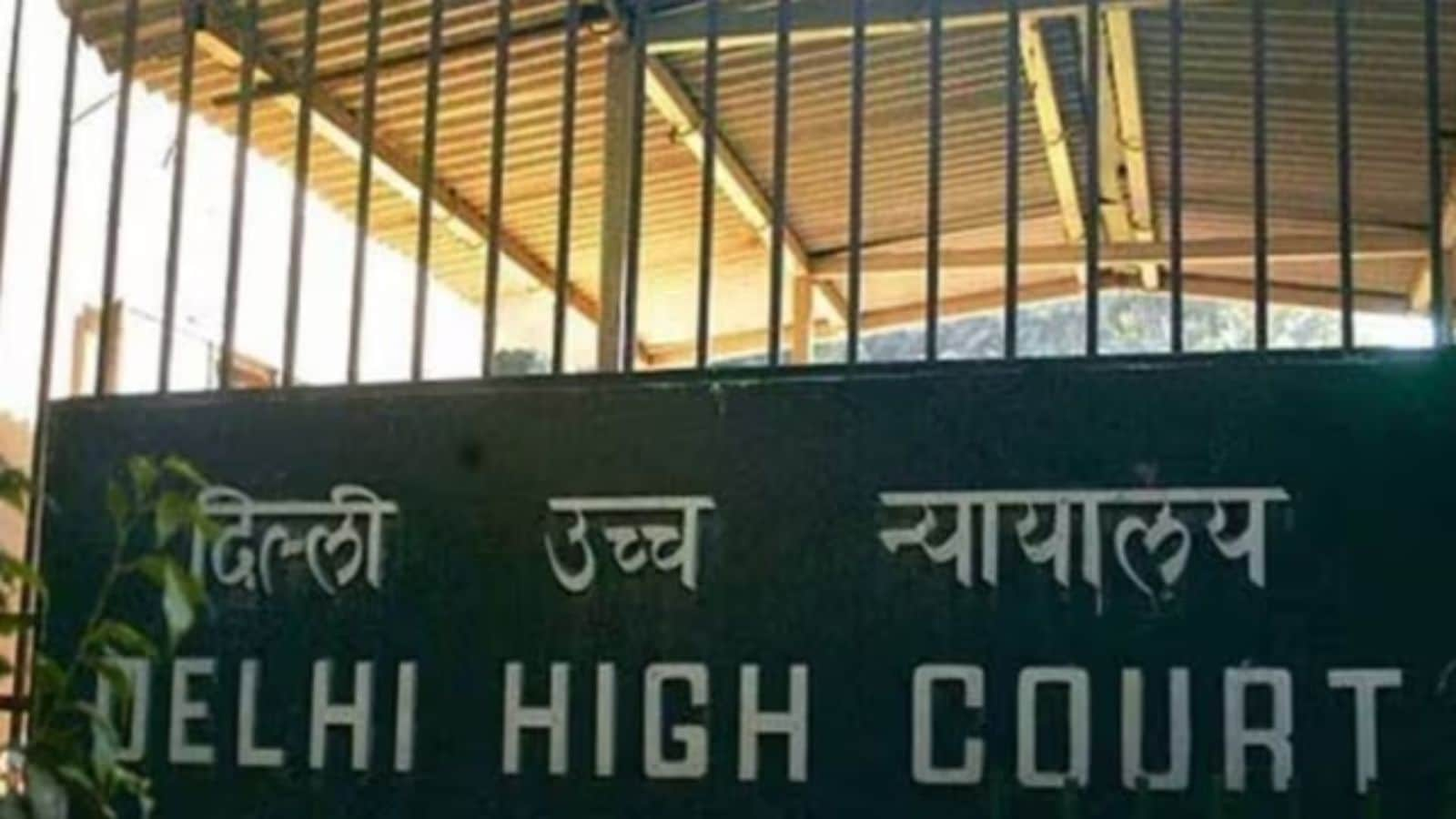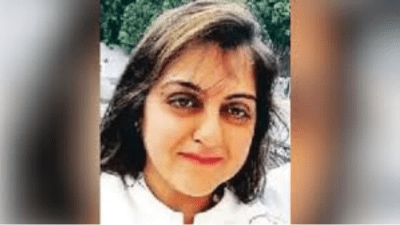Delhi High Court urges NLU Consortium to consider conducting CLAT in regional languages
The Delhi High Court also emphasised to the petitioner that such a decision pertains to policy-making, where courts have limited jurisdiction.
 The Delhi High Court Thursday granted the Consortium of National Law Universities (NLUs) eight weeks to decide on the issue. (File photo)
The Delhi High Court Thursday granted the Consortium of National Law Universities (NLUs) eight weeks to decide on the issue. (File photo)Dealing with a plea seeking that the law entrance exam CLAT should also be held in regional languages, the Delhi High Court Thursday granted the Consortium of National Law Universities (NLUs) eight weeks to decide on the issue.
A division bench of Chief Justice D K Upadhyaya and Justice Tushar Gedela recorded, “The Advisory Board has made certain recommendations. The matter is still under consideration, and more time sought to arrive at a final decision. We grant eight weeks’ time. We reiterate that while taking decisions, the Consortium shall also be guided by observations in our past order. We expect that some concrete decision is taken in this matter, so that no exclusion on account of any barrier of any language occurs for those who seek admission in NLUs.”
The court, however, emphasised to the petitioner that such a decision pertains to policy-making, where courts have limited jurisdiction. CJ Upadhyaya said, “Ten years ago IIT exam was not held in the local language, now it is held. Ultimately, it is a policy decision. Every NLU is governed by the Act it is formed under… Nobody can deny the need for the exam in the local language. How to get it done, that is the issue.”
The plea has now been posted for further consideration on August 30.
In January, the High Court said while dealing with a Public Interest Litigation (PIL) filed by law student Sudhanshu Pathak that “language diversity in entrance exams should align with the goal of larger inclusion”, “Entrance exams in regional languages in some sections may be necessary for broader inclusion”.
The Centre and the Bar Council of India (BCI) have maintained their agreement with the proposal.
In 2023, the NLU Consortium informed the Delhi High Court that it has decided against conducting the Common Law Admission Test in multiple languages due to “various substantive and procedural difficulties identified during the course of their deliberations.”






